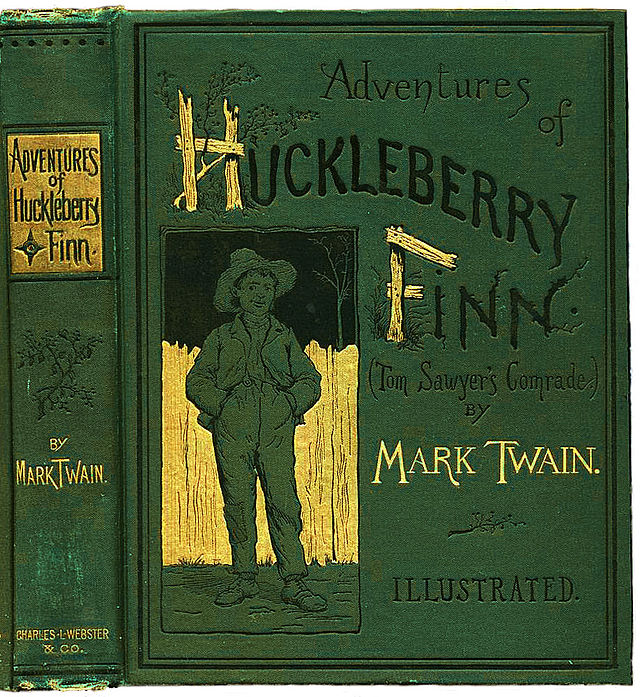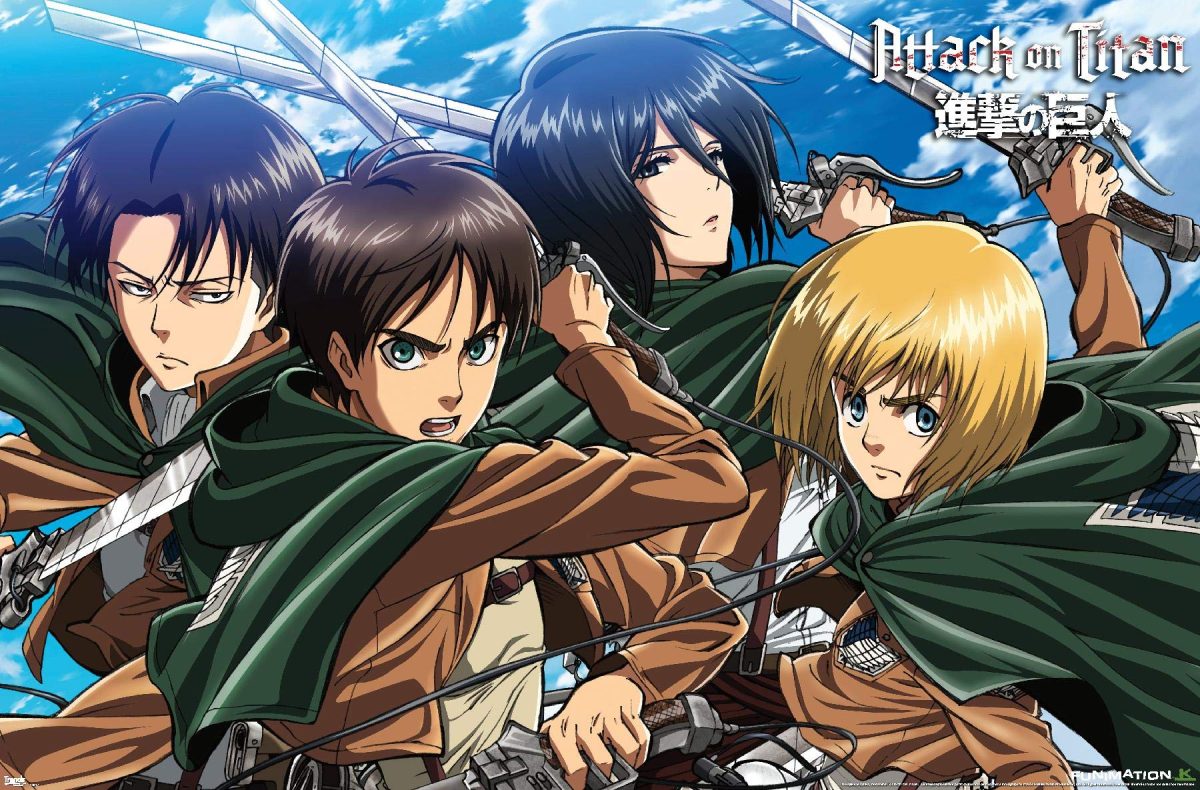This article was sparked by one of Glendale High School’s very own teachers, Ms. Holly Ciotti. We have had a debate in class about problematic works of classical literature being a part of our high school curriculum, and I was very interested in developing my thoughts on this issue.
Books that are commonly referred to as “classics” almost always have some kind of controversy surrounding them. Many of them feature offensive language that may reference a specific group of people, based on their race, gender, identity, or culture.
Some books that fall under this category include To Kill a Mockingbird, The Adventures of Huckleberry Finn, and Maus. Ultimately, the idea of “cancel culture” in literature is absolutely ridiculous. Students should be able to read these novels, written by these brilliant authors, separated from the time they were written and the time that we are living in now. Learning how to look at something objectively, and still analyze it as literature, is a very important skill, and depriving students of this opportunity is unfair to their education.
However, I will say that the opposing argument is valid. These books are more often than not offensive to many students, and even avid fans of these classics will recognize this fact. There are students who may feel personally slighted by the language, stereotypes, and tropes illustrated in these novels. Our progressive viewpoints are much more developed than what people believed hundreds of years ago, and that is undeniably a good thing. On the other hand, it can be taken too far when quality education is denied.
Right now in my AP Language class, we are writing a synthesis essay on The Adventures of Huckleberry Finn, and we are arguing over whether or not it should be taught in high school. While the exact reasons surrounding this novel are not applicable to every book that is under threat of being banned, the overall debate still applies here.
One of the main reasons why Huck Finn should still be taught in schools is to better develop students’ reading comprehension skills. The ability to analyze literature, and not just focus only on the offensive language at a surface level, is incredibly important. I believe that the best way for students to develop their analytical and critical thinking skills is by reading works from past decades, because the language found there is often harder to understand.
Furthermore, the messages in these novels aren’t always clear, and their motifs and themes are often hidden. If students don’t have teachers to guide them along the path of reading these stories, many high school students might come to the wrong conclusions.
We should also not pretend that the past was anything more than what it was. The idea of “sugarcoating” these works of literature is a mistake. Specifically, some critics want to edit To Kill a Mockingbird and The Adventures of Huckleberry Finn, to remove all of the offensive language, like the “N-word” and the word “slave”. This would portray an inaccurate description of that time period, and it will leave students with a false sense of what happened in the past.
One very famous phrase is that “if the past is not learned from, it will be repeated”. This is a large reason why these controversial books should be taught in high school as they were originally published.
Therefore, these classic works should only be taught in their original format. I would like to reiterate that I understand the counterarguments to this opinion. While trying to make as many students as comfortable as possible is a good thing, it’s useful to sometimes be uncomfortable.
Pushing students out of their comfort zone is very important, as it better prepares them for the real world.
And that’s why teachers should be able to teach problematic novels in high school. The ability to analyze challenging literature, both in writing and in discussion, is vital, and high school students should be given this opportunity, and not have it taken away from them.












